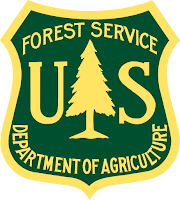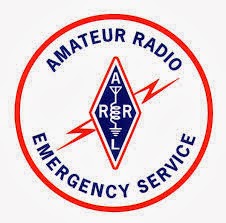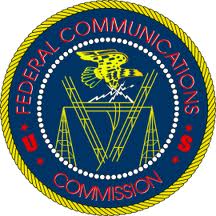The National Conference of Volunteer Examiner Coordinators (NCVEC) has released its updated question pool for Technician Class license exams to be used from July 1, 2022 through June 30, 2026. The ARRL reports that the new Element 2 exam pool has 11 fewer questions than the one currently in use, based on the addition of 51 new questions and the deletion of 62 current ones. Over 250 current questions were modified "to improve wording or to replace distractors" (wrong answer choices).
The new question pool may be downloaded from the NCVEC website (ncvec.org) in either PDF or Word format.





